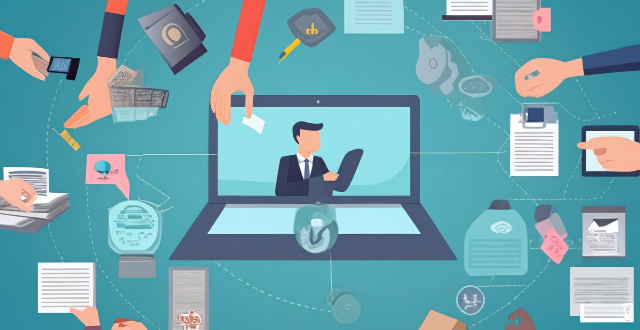Violating someone's privacy rights can lead to legal penalties, damaged relationships, professional consequences, and online repercussions. It is important to respect others' privacy to maintain trust, avoid social isolation, and protect one's reputation.

Consequences of Violating Someone's Privacy Rights
Violating someone's privacy rights can have serious consequences, both legal and social. Here are some of the potential outcomes:
Legal Consequences
Criminal Penalties
- Fines: Depending on the severity of the violation, fines can range from a few hundred to several thousand dollars.
- Jail Time: In extreme cases, violators may face jail time, especially if their actions resulted in significant harm to the victim.
Civil Liability
- Damages: Victims of privacy violations can sue for damages, which may include compensation for emotional distress, lost wages, and other related expenses.
- Injunctions: Courts may issue injunctions to prevent further violations or require the violator to take specific actions to remedy the situation.
Social Consequences
Damaged Relationships
- Loss of Trust: When someone violates another person's privacy, it often results in a loss of trust between them. This can lead to strained or broken relationships.
- Social Isolation: Violators may find themselves ostracized by friends, family, and colleagues who no longer trust them or want to be associated with them.
Professional Consequences
- Job Loss: Employers may terminate employees who violate privacy rights, especially if it affects the company's reputation or legal standing.
- Difficulty Finding Employment: A history of privacy violations can make it difficult for individuals to find future employment, as many employers conduct background checks and consider past behavior when making hiring decisions.
Online Consequences
- Public Shaming: Violators may face public shaming on social media platforms or online forums, which can lead to further social isolation and professional consequences.
- Account Suspension or Banning: Online platforms may suspend or ban accounts that violate privacy policies, limiting the violator's ability to communicate and interact online.
Ethical Considerations
Moral Responsibility
- Respect for Autonomy: Respecting someone's privacy rights is an acknowledgment of their autonomy and right to control information about themselves.
- Moral Obligation: Violating privacy rights goes against basic moral principles of respect for others and their personal boundaries.
Personal Reputation
- Character Assessment: How one handles other people's privacy can significantly impact their personal reputation, influencing how they are perceived by others.
- Long-Term Implications: The effects of privacy violations can be long-lasting, affecting a person's reputation and opportunities for years to come.
In conclusion, violating someone's privacy rights has far-reaching consequences that extend beyond just legal penalties. It can damage relationships, harm professional prospects, and tarnish one's reputation both online and offline. Therefore, it is crucial to always respect others' privacy and act within ethical and legal boundaries.